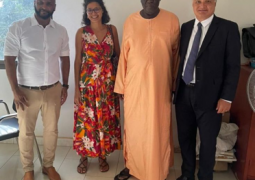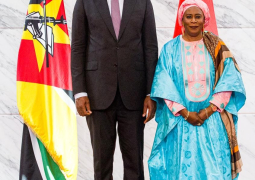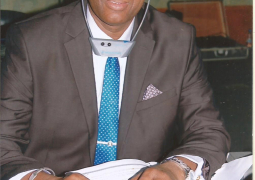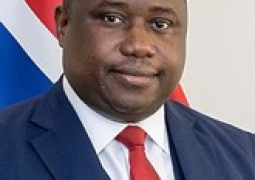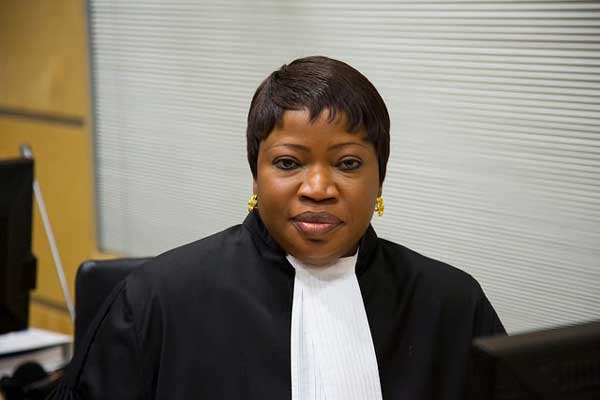
Several European countries have publicly defended the work of the International Criminal Court (ICC) and are demanding the ‘‘immediate and unconditional withdrawal of sanctions and other threats’’ against its employees without further delay.
Recently, Fatou Bensouda, the Gambia born prosecutor and her team came under intense pressure following the Court’s decision to investigate alleged war crimes in both Palestine and Afghanistan respectively.
Chile Eboe-Osuji, president of the Court who was also a legal advisor to the United Nations High Commissioner for Human Rights had resisted and maintained that Afghanistan investigation was crucial and ‘‘important in terms of raison d’etre of the ICC’’.
As a result, several attempts to terminate the investigations failed and President Trump and his administration became exasperated thus resulting to the sanctions.
But lately, The Point has gathered that countries such as the UK, France, Germany and the Netherlands have emphasised the importance of the Court and renewed their ‘‘support and protection’’.
Responding to this correspondent, an EU official who is familiar with the issue said: “…our position regarding that matter has been clearly outlined… undoubtedly, we are in full support of the ICC and the Rome Statute’’.
Already, Paris has announced that ‘‘…imposition of sanctions against personnel or persons cooperating with the ICC…represents a serious attack against the Court and the States party to the Rome Statute’’.
Furthermore, collectively, the European Union during the annual meeting of the Court’s Member States in The Hague strongly maintains its backing of the ICC as an independent and impartial judicial institution “…in a time that the rules-based international order is facing increased pressure… ’’.
But these statements failed to deter the US government and President Trump has openly described the Court as ‘‘illegitimate…violates all the principle of justice and had no authority…’’.
Unconfirmed reports also revealed that US visas issued to the ICC personnel involved are revoked.
Standing her ground, Fatou Bensouda previously responded that the sanctions are ‘‘unprecedented and coercive move against the Court and its judicial independence''.
She had queried that ''…such sanctions are usually reserved for terrorists and drug traffickers…’’.
The ICC was set up in 2002 as an independent and impartial body to prosecute accused person or persons of war crimes and other crimes against humanity.
Notwithstanding, The Point also learnt that diplomatic moves are ''currently underway and ongoing to avoid any unpleasantness'' to end the sanctions as soon as possible.


